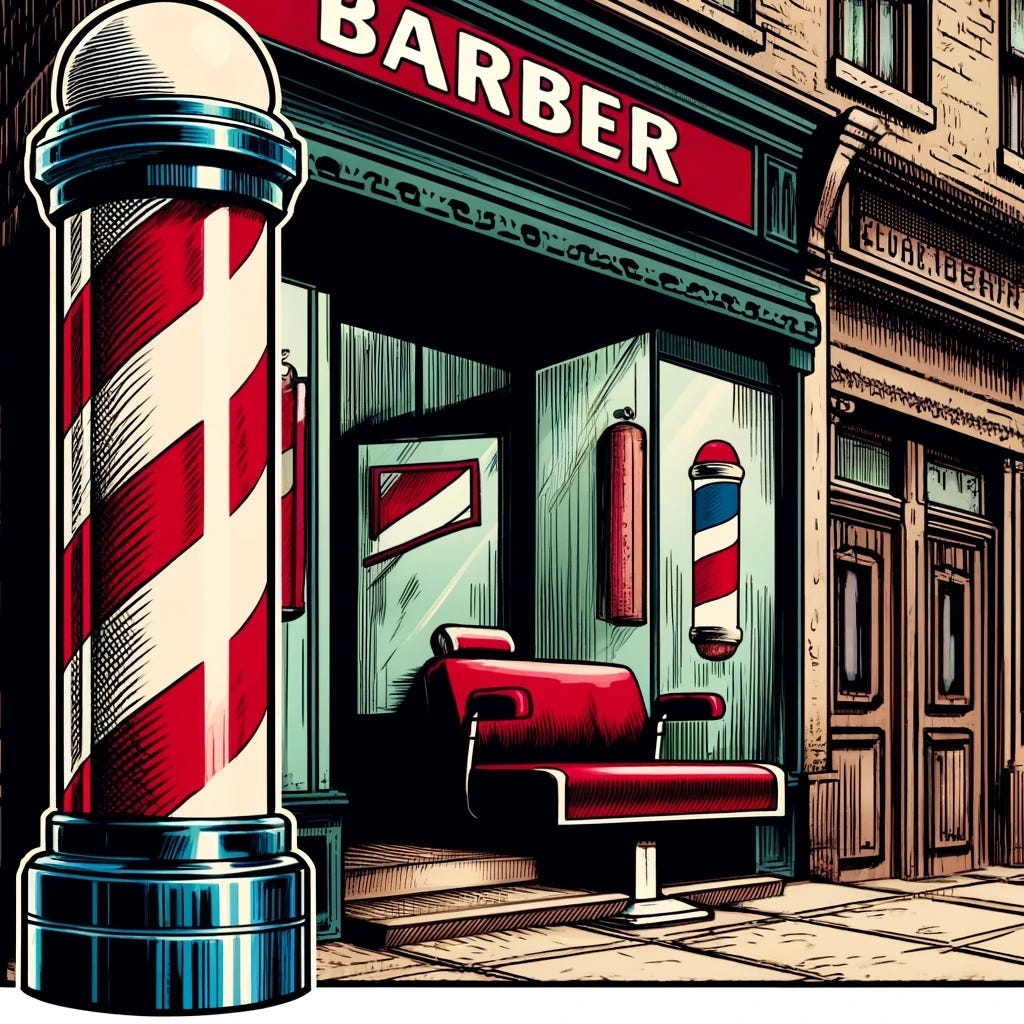I’ve always thought plethora was a cool word.
The emphasis is on the first syllable, in case you’re curious (I was when I was a kid, and I just now double checked to be sure). The way we use this word now is usually to describe when we have too much of something, like a surplus in our corn supply, or ideas floating around in your head at once.
Plethora wasn’t always like this, though. Originally, the ancient Greeks used it to mean full, like when you eat at the Pizza Hut buffet. In the same way that this meal often stretched my stomach, the meaning of plethora itself stretched to mean too full, like a stomach with too much food in it.
Now, there’s another use of the word plethora that took off shortly after this original meaning, and it was helped along the way by a really famous proto-scientist/proto-doctor named Hippocrates. He and his followers started to use the word to mean something much more specific.
It still meant too much of something, but in this case, Hippocrates was referring to having too much of a particular fluid inside your body. Galen, working a few centuries later in Rome and building off of Hippocrates’s ideas, came up with the concept of the four humors (blood, phlegm, yellow bile, black bile).
Galen’s idea was that these four fluids had to be in balance, so it was easy to have too much of one. He called this state of having too much of one humor a plethora.
Fast forward many centuries, and you had doctors well into the 19th century still using this idea that there was too much of a fluid inside of you causing whatever was wrong. The main focus was on the blood, largely because it was easy to reduce the amount of blood in a person.
Have you ever seen a barber shop with one of those white and red striped poles in front of them?
Those iconic red and white stripes might make you think of a candy cane. I know that’s what I saw as a kid whenever my folks would drive past one of these landmarks.
The truth is that they represent bandages hanging in the wind. Yes, the red represents blood.
Barbers in Europe might have cut your hair a few hundred years ago, but that was far from their most important activity. In fact, barbers had more in common with doctors and dentists back then than with a hairstylist or manicurist today, but their methods were often brutal.
One of their main activities: bloodletting. This could be done by cutting the patient and allowing the blood to collect below in slow drips, or it might involve leeches. Either way, the problem was regarded as this plethora of blood in the body.
Gradually, during the 19th century, germ theory replaced the idea of a balance of humors governing everything. Instead, microorganisms were to blame for a plethora of ailments.
Better and better science left the humoral theory in the dust. Isn’t it a shame, nobody in particular thought, to let this perfectly good word go to waste?
And, here we are today, with a plethora of examples of this word being used all over the place, including in this very article.



Thank God we've come a ways from that.
...wait for it...
Jefe: I have put many beautiful pinatas in the storeroom, each of them filled with little surprises.
El Guapo: Many pinatas?
Jefe: Oh yes, many!
El Guapo: Would you say I have a plethora of pinatas?
Jefe: A what?
El Guapo: A *plethora*.
Jefe: Oh yes, you have a plethora.
El Guapo: Jefe, what is a plethora?
Jefe: Why, El Guapo?
El Guapo: Well, you told me I have a plethora. And I just would like to know if you know what a plethora is. I would not like to think that a person would tell someone he has a plethora, and then find out that that person has *no idea* what it means to have a plethora.
Jefe: Forgive me, El Guapo. I know that I, Jefe, do not have your superior intellect and education. But could it be that once again, you are angry at something else and are looking to take it out on me?